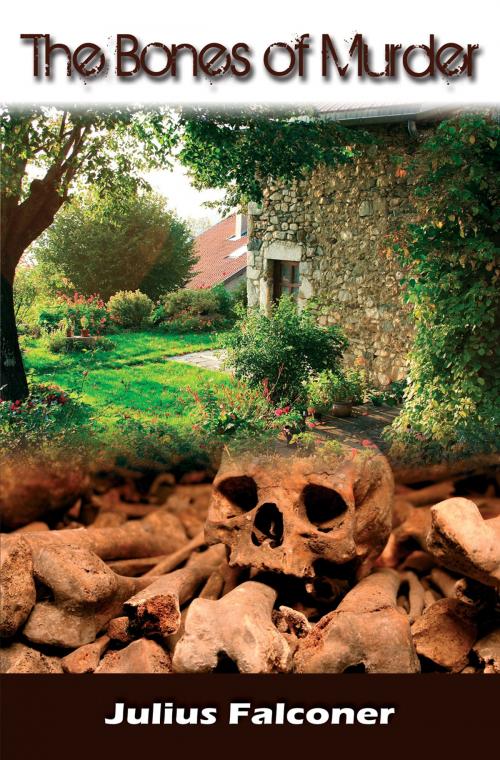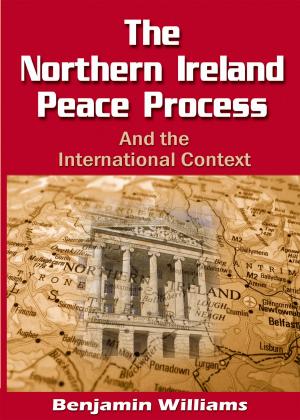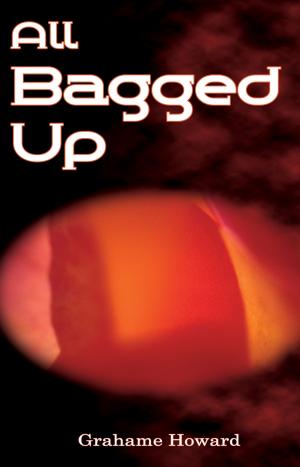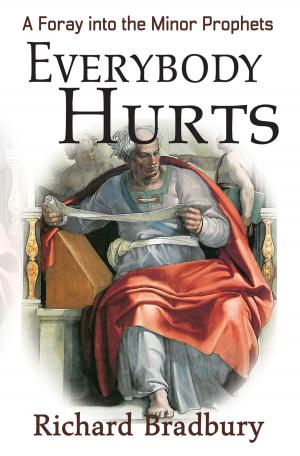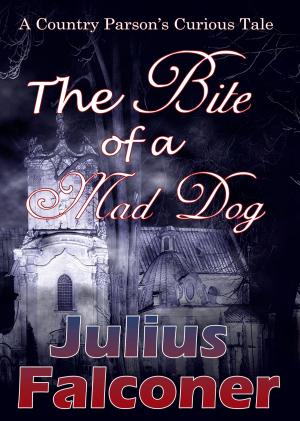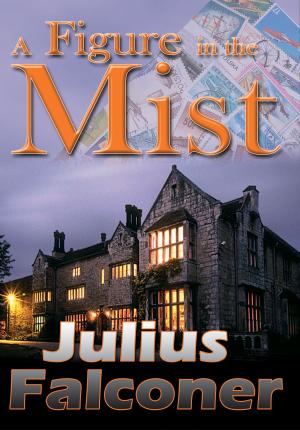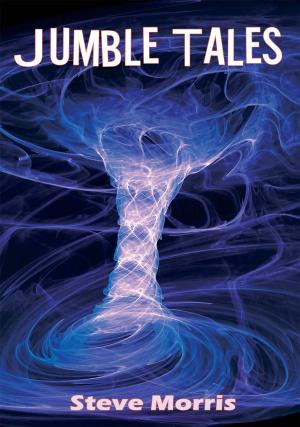| Author: | Julius Falconer | ISBN: | 9781782281450 |
| Publisher: | Pneuma Springs Publishing | Publication: | November 30, 2009 |
| Imprint: | Pneuma Springs | Language: | English |
| Author: | Julius Falconer |
| ISBN: | 9781782281450 |
| Publisher: | Pneuma Springs Publishing |
| Publication: | November 30, 2009 |
| Imprint: | Pneuma Springs |
| Language: | English |
While renovating the derelict twelfth-century chapel attached to their new house in rural Worcestershire in 1972, Grace and Benjamin Hothersall uncover three skeletons, which have clearly been the victims of murder. When news of this reaches the newspapers, a series of anonymous letters and telephone-calls begins at the Hothersall residence. Clearly the murders are of not just historical interest, since someone very much alive seems determined to prevent further disclosures. Inspector Wickfield finds himself involved in a complex and baffling investigation, which embraces local witchcraft, a student of the cabala, abduction, a boy’s curse, a hidden will, a stranger in Cornwall, death in a railway carriage – and a Latin textbook of 1563! It nearly proves too much for him, but light dawns eventually and leads to a tense trial which brings the case to a close.
The narrative almost fails to see the light of day, because the inspector objects to its style and instructs Mr Falconer to destroy the typescript. Fortunately for us, Mr Falconer has more sense than the inspector. As always, the reader is given as much information as the detectives and is challenged to spot the crucial clue in the labyrinth, as Wickfield must.
Julius Falconer’s sure touch ensures another page-turner for the discerning reader, in which intelligent stimulation vies with sheer entertainment for pride of place.
While renovating the derelict twelfth-century chapel attached to their new house in rural Worcestershire in 1972, Grace and Benjamin Hothersall uncover three skeletons, which have clearly been the victims of murder. When news of this reaches the newspapers, a series of anonymous letters and telephone-calls begins at the Hothersall residence. Clearly the murders are of not just historical interest, since someone very much alive seems determined to prevent further disclosures. Inspector Wickfield finds himself involved in a complex and baffling investigation, which embraces local witchcraft, a student of the cabala, abduction, a boy’s curse, a hidden will, a stranger in Cornwall, death in a railway carriage – and a Latin textbook of 1563! It nearly proves too much for him, but light dawns eventually and leads to a tense trial which brings the case to a close.
The narrative almost fails to see the light of day, because the inspector objects to its style and instructs Mr Falconer to destroy the typescript. Fortunately for us, Mr Falconer has more sense than the inspector. As always, the reader is given as much information as the detectives and is challenged to spot the crucial clue in the labyrinth, as Wickfield must.
Julius Falconer’s sure touch ensures another page-turner for the discerning reader, in which intelligent stimulation vies with sheer entertainment for pride of place.
